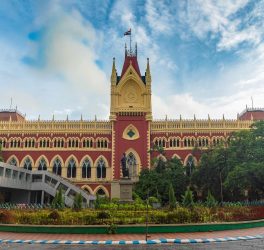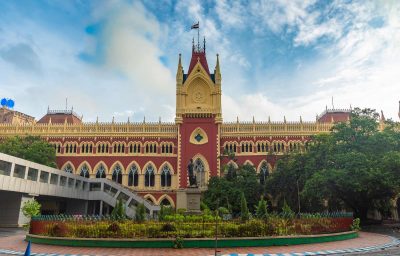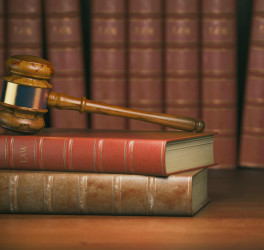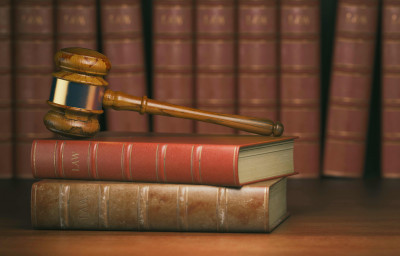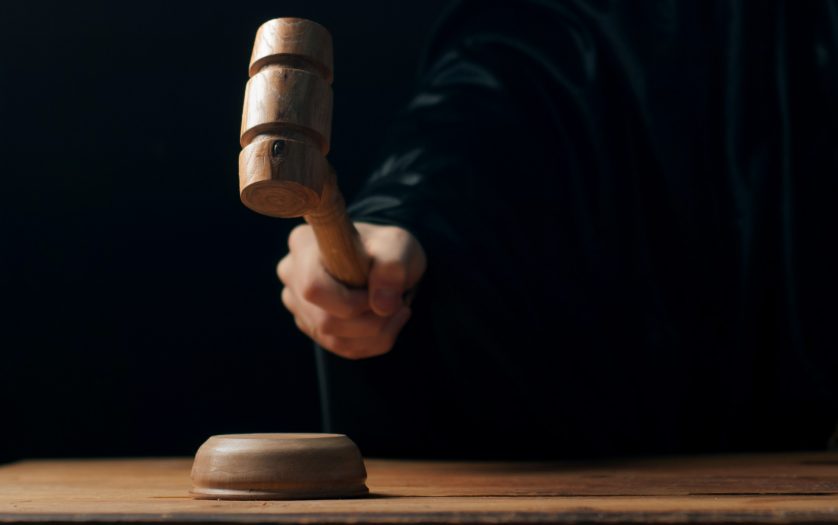
On Thursday, the Delhi High Court approved the use of stem cell therapy for two children diagnosed with autism. Their families had sought the intervention of the court earlier this year when their ongoing treatment was abruptly halted. This interruption was due to a recommendation by the Ethics and Medical Registration Board (EMRB) of the National Medical Commission (NMC), which declared that administering stem cell therapy could be seen as professional misconduct.
A bench headed by Chief Justice Satish Chandra Sharma said there was no law banning the use of stem cell therapy for autism and even the NMC is yet to take a final decision on the recommendation, reports Republic World.
“No fruitful purpose would be served by stopping the treatment that is going on at present and therefore the petitioners are permitted to continue the treatment,” the bench, also comprising Justice Sanjeev Narula, said.
The court has slated the matter for a subsequent hearing on October 3 and has requested the NMC to conclude on the recommendation.
During the court proceedings, two expert doctors from AIIMS were present to offer guidance. They informed the bench that stem cell therapy is traditionally approved only for the treatment of blood cancer. Currently, its application for treating autism is in the experimental phase. Further research is vital to understand the implications and effectiveness of this treatment for autism, they added. Even the protocol for this therapy remains undefined at this point, according to the experts.
Contrary to the expert opinion, one of the petitioners, a medical professional herself, advocated for the continuation of stem cell therapy for her daughter. She asserted that her daughter exhibited “significant improvement” post-treatment.
The heart of the contention was the recommendation by the EMRB, dated December 6, 2022. The directive stated that the use, promotion, and advertisement of stem cell therapy could be categorized as professional misconduct. This recommendation was a significant roadblock for the petitioners, as it directly affected the treatment plans for two children with Global Developmental Delay with Autism – conditions that impede social and cognitive development.

